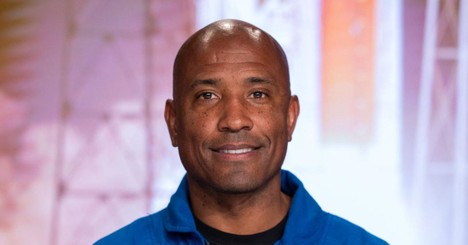

Americans Want More Faith in Movies and TV, New Survey Finds

Jamie MacDonald Credits Prison Ministry for Her Career: ‘It Just Changed My Entire Life’

Chris Pratt Says His Platform Is a Tool to Point Others to Jesus: ‘I Want to Be a Light’

TruPlay Games Blames Google and TikTok for Minimizing Christian Content
Trending Articles
Recent News
Trending Articles
Recent News
Positive Stories
Celebrity
Video
Opinion
Church
Entertainment
Sports

Rams’ Matthew Stafford Goes Viral for 2:30 a.m. Kiss with Sleeping Daughters after Loss
Michael FoustMovies
Politics
Israel
Christian News Headlines - Breaking and Trending Religion News
Crosswalk Headlines - Christian news brought to you by a group of Christian writers and editors who are dedicated to creating a well-rounded look at what’s happening across the globe from a Christian worldview. Our vision is to inform and inspire productive discussion about the current events and online trends that shape our lives, our churches and our world.Crosswalk Headlines includes blog posts about current events and Christian media, breaking news, feature articles, and guest commentaries, many written by respected Christian thinkers.





























































